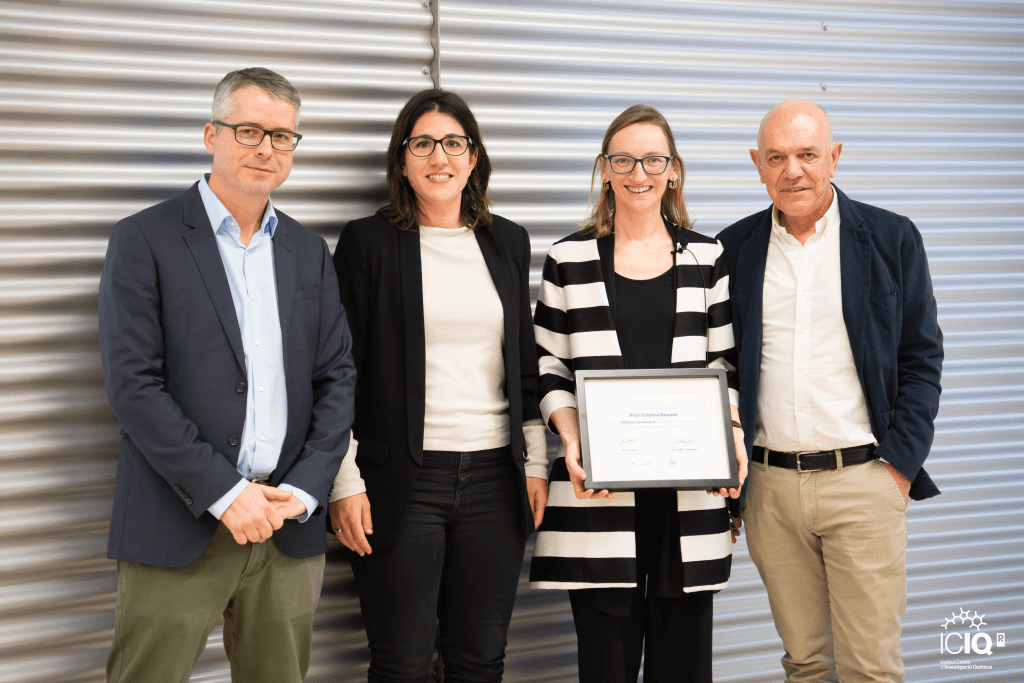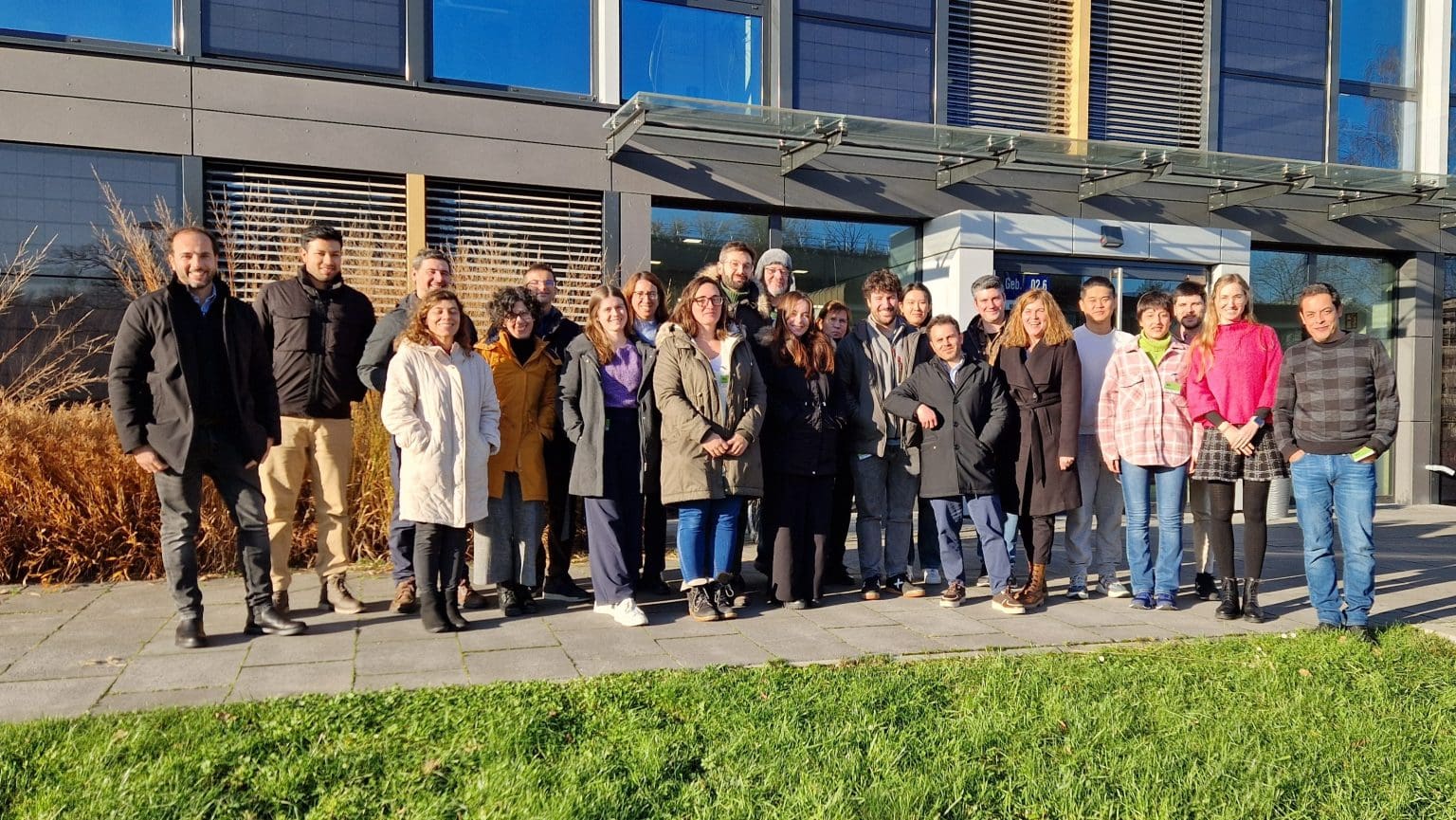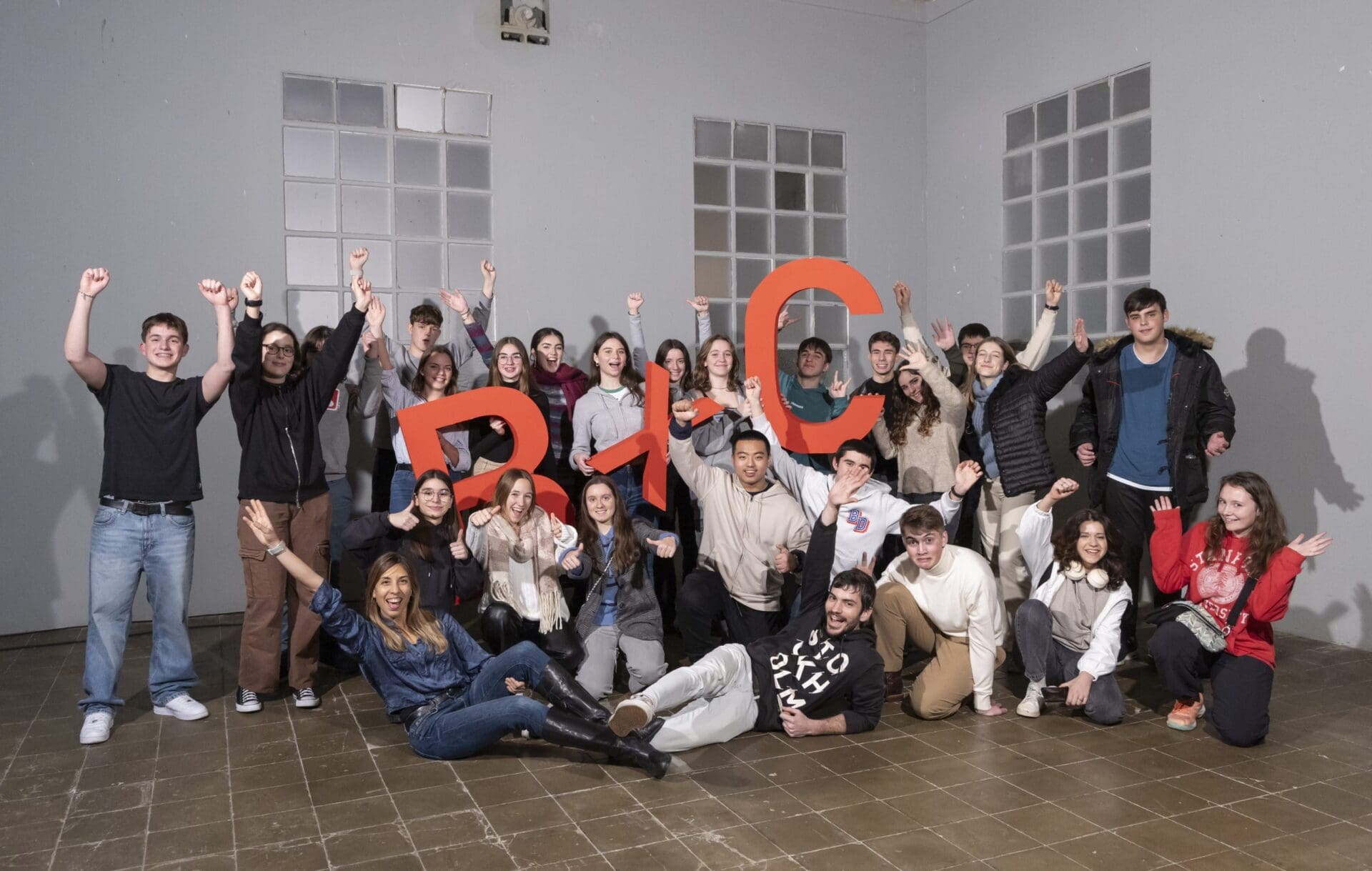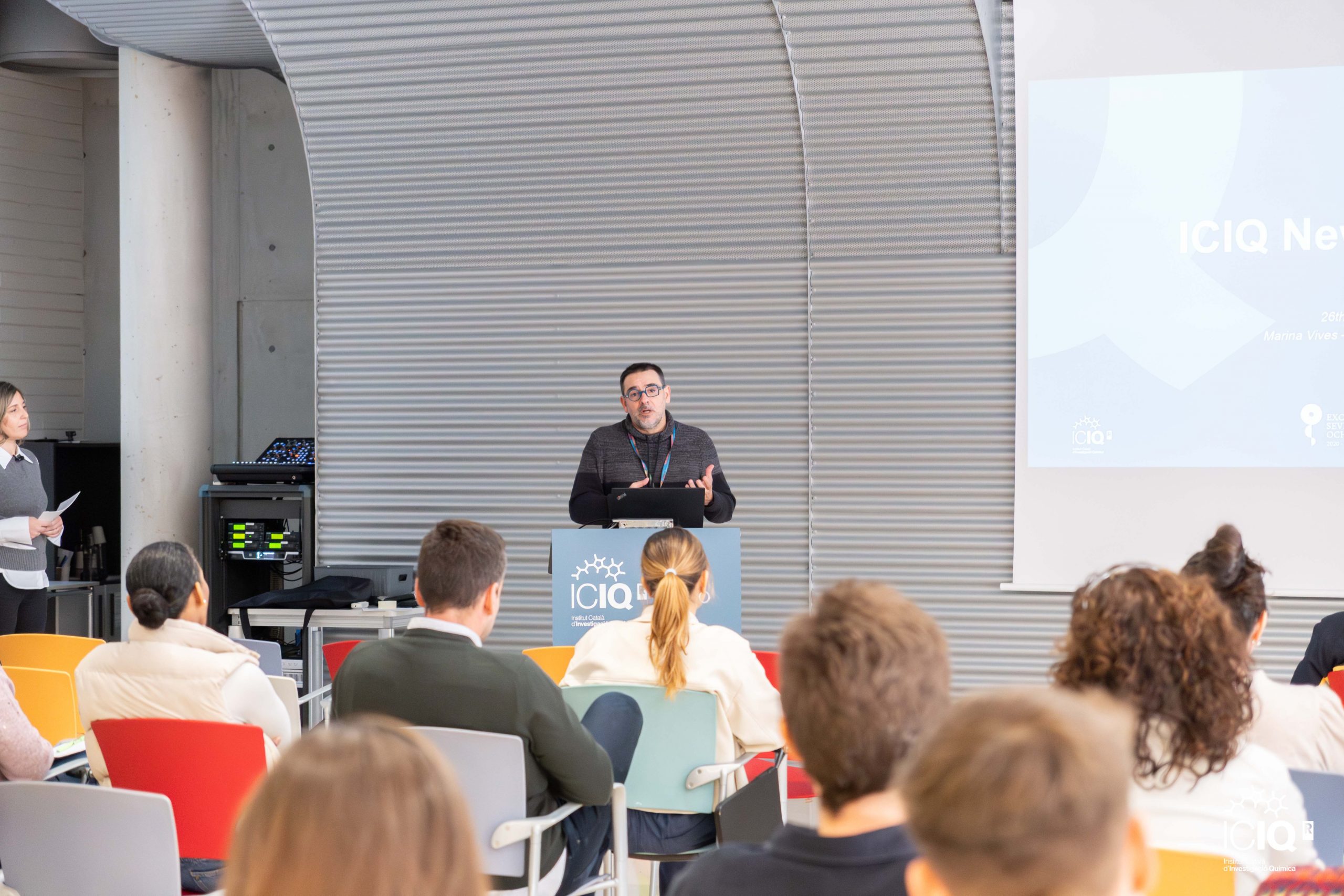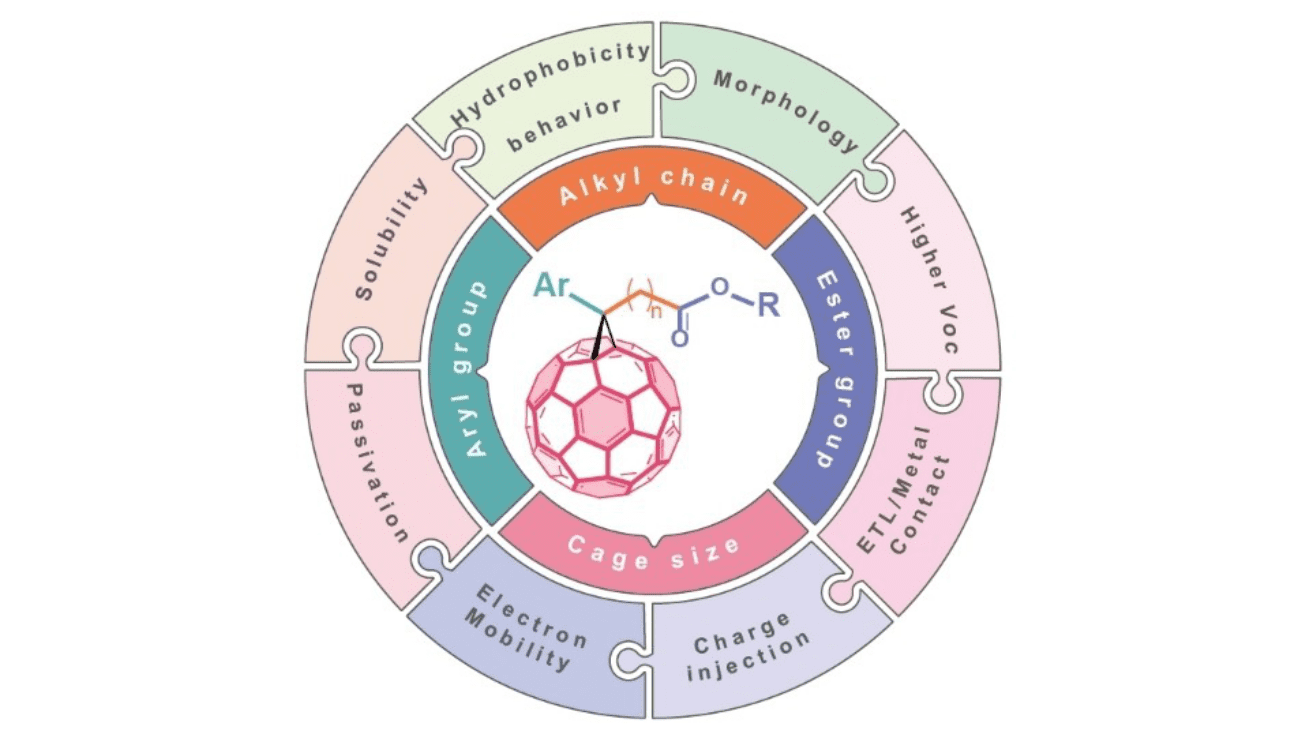ENRICH project starts with the aim to revolutionize proteomics
In an international collaborative effort, this EU funded project is set to revolutionize the field of proteomics by developing fast, cost-effective, and reliable tools for the enrichment of modified proteins
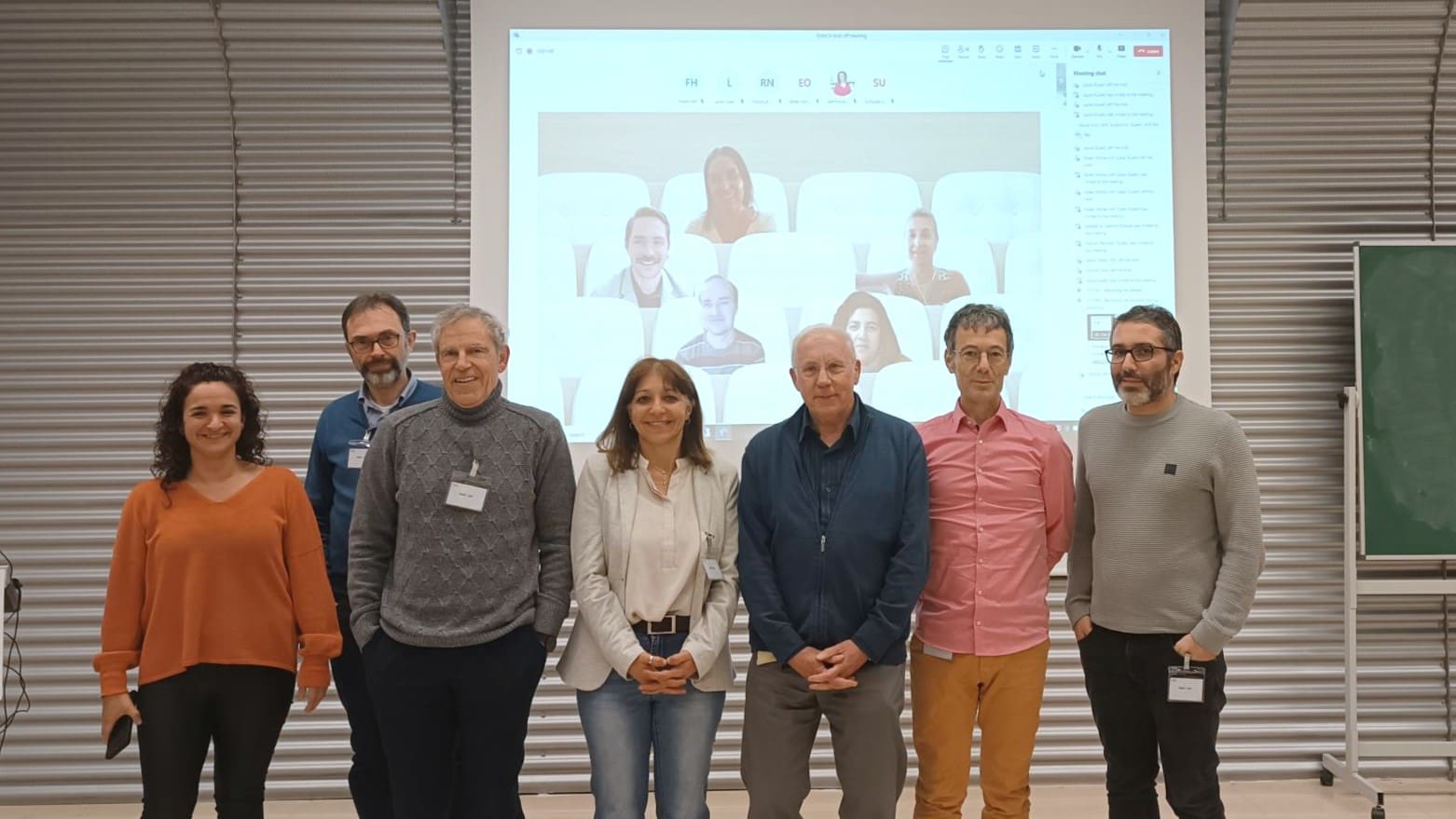
Last 30th of January 2024, the ENRICH project officially started with a kick-off meeting at the ICIQ facilities in Tarragona. It was a hybrid event that brought together all partners to delve into aspects of project management and offer an overview of the scientific knowledge shared by the collaborators.
The ENRICH project is funded by the EU and ICIQ is one of the consortium beneficiaries with the active involvement of Prof. Pau Ballester’s research group. This is the first time that ICIQ is participating in a project that is a MSCA-Staff Exchange, funding short-term international and inter-sectoral exchanges to develope a collaborative project between different organizations based in Europe and beyond.
The overall aim of ENRICH is to develop new cost-effective, fast and efficient tools for the enrichment of post translationally modified (PTM) proteins overcoming the current limitation of the state-of-the-art. Scientific studies have highlighted the pivotal role of histone post-translational modifications (PTMs) in cellular processes, including transcription and DNA repair. To better understand these processes and their implications in human diseases such as cancer, schizophrenia and diabetes, the ability to detect PTMs is crucial. Currently, mass spectrometry (MS) is the technique of choice for identifying such modifications across the proteome.
However, the existing methods involve an enrichment step using antibodies, which comes with several limitations such as high costs, batch-to-batch variability, and data reproducibility. The ENRICH project aims to overcome these challenges by developing new tools that are not only efficient but also cost-effective.
The project’s approach involves functionalizing nanoparticles (NPs) with molecular receptors designed to enrich post-translationally modified peptides derived from proteolytic digestion. The synthesized receptors and functionalized NPs will be rigorously evaluated through spectroscopic analyses to ensure their binding ability and selectivity for the selected targets (i.e. mainly methylated and acetylated peptides).
To achieve its goals, the ENRICH project plans to second 87 experienced and early-stage researchers across Europe and worldwide. This network of experts will contribute critical knowledge and expertise, ranging from macrocycles design, synthesis, and characterization to nanoparticles fabrication and functionalization, enrichment experiments, and various spectroscopic analyses such as NMR and luminescence, and MS.
The consortium comprises nine academic research groups from both Europe and America along with two innovative companies. It is coordinated by the University of Parma (Italy) and brings together the following group of partners: University of Padova (Italy), ICIQ (Spain), National University of Cordoba (Argentina), University of Victoria (Canada), Karlsruhe Institute of Technology (Germany), Universidad de los Andes (Colombia), Universidad de la Habana (Cuba), ScreenFect (Germany), EpiCypher (United States) and Albert Einstein College of Medicine (United States).
Funded by the European Union (101131120-ENRICH).

Related news

Let's create a brighter future
Join our team to work with renowned researchers, tackle groundbreaking
projects and contribute to meaningful scientific advancements






 11-12-2024
11-12-2024 
